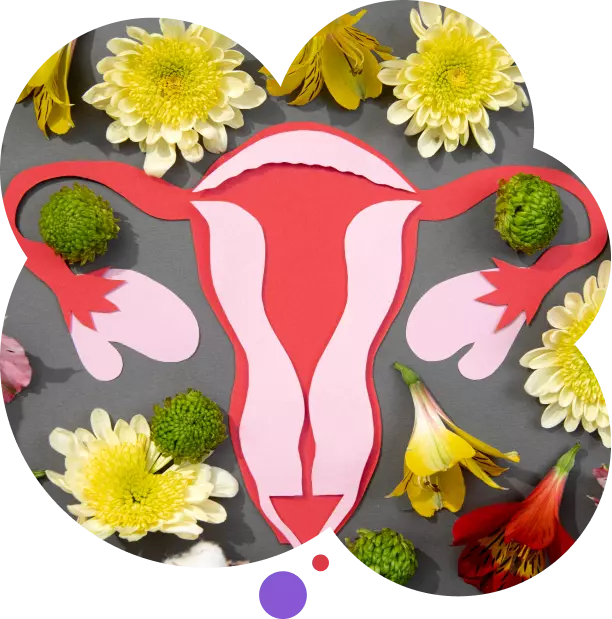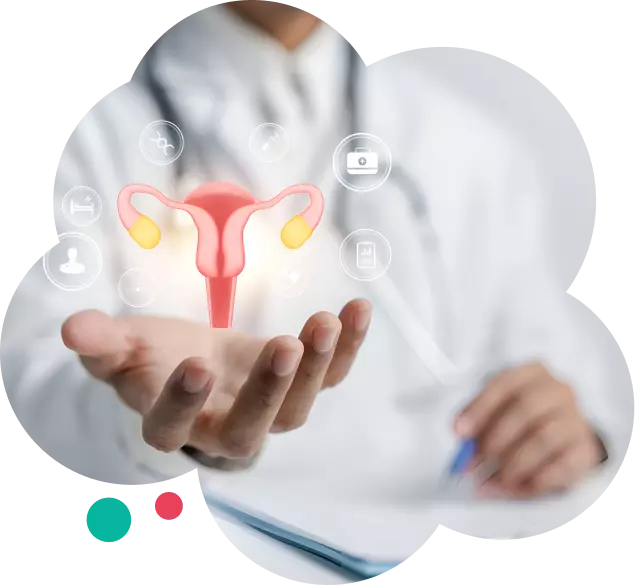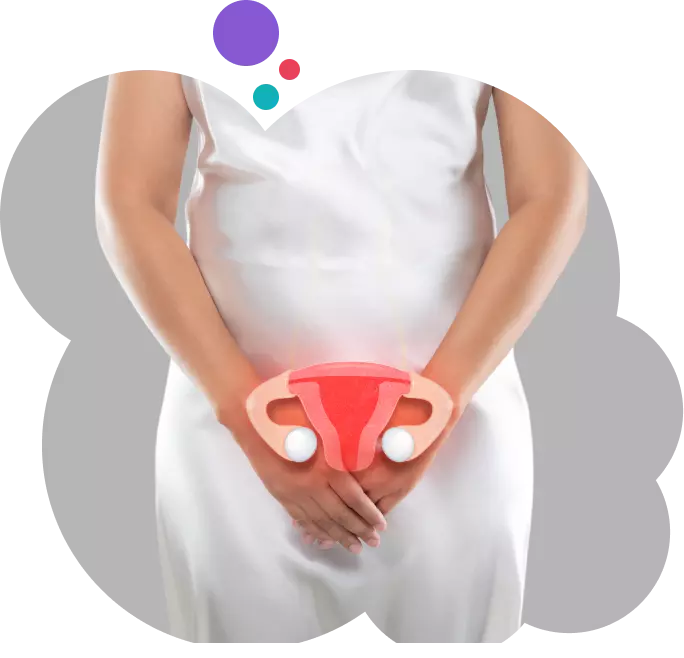
Low ovarian reserve is defined as a lower amount of healthy eggs in the ovaries, which might impact fertility. Feto IVF understands the mental and physical challenges that this situation brings. Our experienced team is dedicated to delivering personalized options for treatment to improve your chances of conceiving and assist you along your reproductive journey.

Low Ovarian Reserve occurs when the number of eggs in a woman’s ovaries is lower than expected for her age. This decline is a natural part of aging, but for some women, the reserve diminishes prematurely. Since the ovarian reserve is directly linked to fertility, having fewer eggs can make it more difficult to conceive naturally.
Women with low ovarian reserve may experience difficulties in becoming pregnant since it affects ovulation and the overall chance of conception. Understanding the effects of inadequate ovarian reserve is vital for people who want to start or extend their families. A consultation with a fertility expert can give vital insights and individualized treatment choices for women, allowing them to make educated decisions about their reproductive health and, if required, explore assisted reproductive technology.
Several factors can contribute to Low Ovarian Reserve, including:


Women with Low Ovarian Reserve may not experience any obvious symptoms, but some may notice irregular menstrual cycles or shorter cycle lengths. Diagnosis typically involves:
Low ovarian reserve can cause a variety of issues, including:
Addressing these issues with appropriate assistance and therapy can assist people in navigating their reproductive journeys.


While low ovarian reserve cannot always be avoided, several lifestyle changes can assist preserve ovarian health.
These methods can help with overall ovarian health and may lower the risk of poor ovarian reserve.
Age, genetics, past operations, specific medical issues, or lifestyle choices like smoking can all contribute to low ovarian reserve.
Hormone level testing (such as FSH and AMH) and imaging tests (such as ultrasound) are commonly used to diagnose the ovaries and egg amount.
While it cannot be reversed, treatments like IVF, egg donation, and hormone therapy can help boost fertility and increase the odds of pregnancy.
Pregnancy is still feasible, although the success rate may be lower than in women with normal ovarian reserve. Personalized treatment plans can improve results.